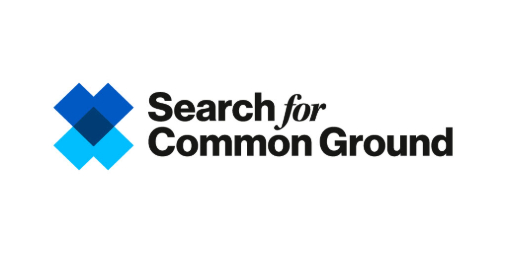.png)
The Insights Initiative (Insights) is a local non-profit research organisation, established in 2025 as the institutional home of the Sri Lanka Barometer. Insights is responsible for the overall design, steering, implementation, and dissemination of the Sri Lanka Barometer and its findings, working closely with relevant partners across sectors. Through this work, Insights ensures the Sri Lanka Barometer’s continuity, methodological rigour, and relevance to national policy and public discourse.

The Institute for Justice and Reconciliation (IJR) in South Africa has implemented the South African Reconciliation Barometer for over two decades, making it the longest-running reconciliation barometer in the world. IJR has supported the establishment of the Sri Lanka Barometer from its inception, providing guidance on its conceptual design, methodology, and strategic direction, drawing on its technical expertise and long-standing experience in reconciliation research and practice.

Search for Common Ground (SFCG) is a global peacebuilding organisation that supports the strengthening of systems and networks around the Sri Lanka Barometer. With a long-standing presence in Sri Lanka, SFCG draws its experience with local networks to deepen connections between national, sub-national, and local actors, helping to ensure the Sri Lanka Barometer’s institutional resilience and long-term viability as a platform for inclusive dialogue and evidence-based policy engagement.
Beyond its core partners, the Sri Lanka Barometer is supported by a wider network of organisations and individuals who contribute to its implementation and outreach. The Centre for Poverty Analysis (CEPA) led the Sri Lanka Barometer Young Researchers Programme, which mentored early-career researchers in reconciliation-focused research; the National Peace Council (NPC) faciliated broad-based community outreach initiatives; and Verité Research partnered on workshops with media professionals and student journalists on ethical journalism. In addition, the SLB benefits from the involvement of a growing network of academics, practitioners, and volunteers committed to advancing inclusive dialogue and policymaking across Sri Lanka.
.png)

.png)
Dealing with the past
.png)
Justice for all
.png)
Identity and Belonging
.png)
Interpersonal, social, and political trust
.png)
Equality of Opportunity
.png)
Active Citizenship
.png)
Accountable governance
.png)
Security and Wellbeing